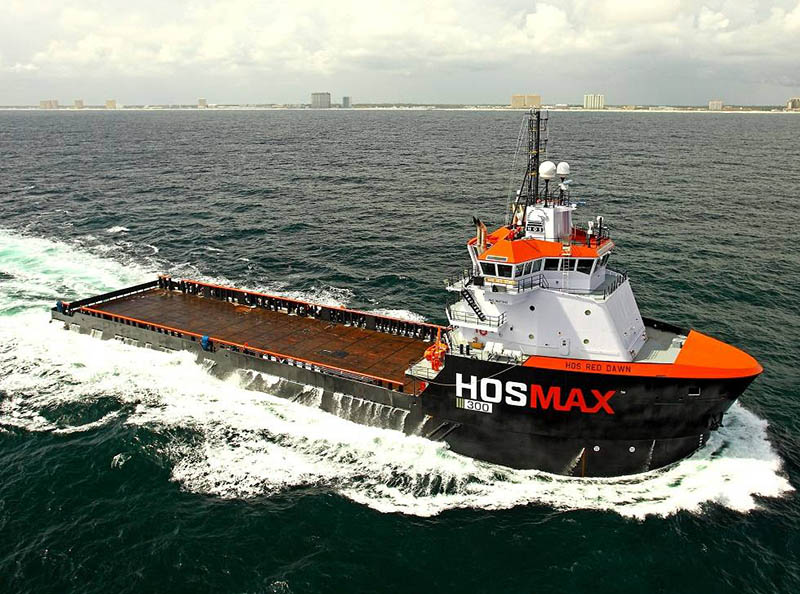Two recent actions by the Coast Guard could positively impact the U.S. Gulf OSV market.
The first is the withdrawal of the notice of proposed rulemaking (NPRM) “Outer Continental Shelf Activities” first published in December 1999. The NPRM’s proposed regulations focused on workplace safety and health on vessels and facilities engaged in exploration, development and production on the OCS.
The Coast Guard said in the Federal Register, “in the nearly 20 years since the Coast Guard published the NPRM and the comment period closed, the offshore industry has continued to grow and evolve. Due to the passage of time, advances in technology and changes in industry practice, we found that much of what we proposed in the NPRM is now obsolete and no longer applicable to the modern OCS work environment. Consequently, the NPRM is no longer suitable as a basis for further rulemaking action.” Thus, the Coast Guard is withdrawing the OCS proposed rule.
That’s good news for the oil and gas industry. “The withdrawal of this proposed rule by the U.S. Coast Guard is long overdue,” the International Association of Drilling Companies (IADC) said. “After sitting on the shelf for nearly 20 years, the provisions contained in the proposed rule have long ago been rendered obsolete by an industry that prides itself on embracing technological advances. At IADC, we have advocated for the Coast Guard to withdraw their proposal in order to facilitate an open dialogue regarding regulations that reflect the current state of the industry.”
The Coast Guard followed the withdrawal of the OCS NPRM with a Final Rule eliminating the requirement for certain vessels that operate on voyages within a single Captain of the Port zone to submit an Annual Ballast Water Summary Report for 2018.
The Coast Guard said the current reporting requirement was unnecessary in order to analyze and understand ballast water management (BWM) practices. This final rule will reduce the administrative burden on certain OSVs. It took effect on Oct. 1, 2018, and eliminates the need to file the annual report for calendar year 2018, which was due March 31, 2019.
These positive moves by the Coast Guard accompany a nascent offshore market rebound. Together, they should help lower prices, increase activity and, subsequently, raise day rates and vessel utilization numbers.




